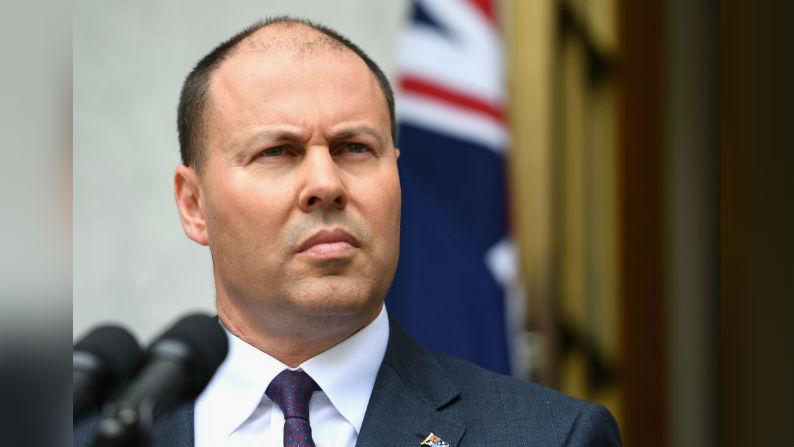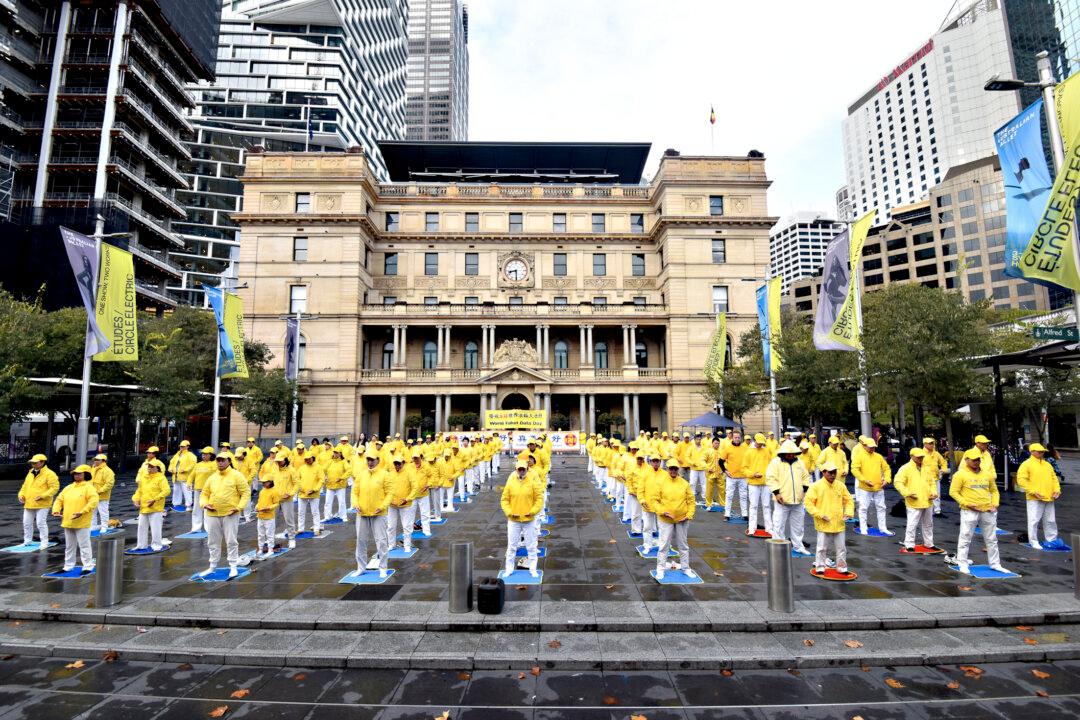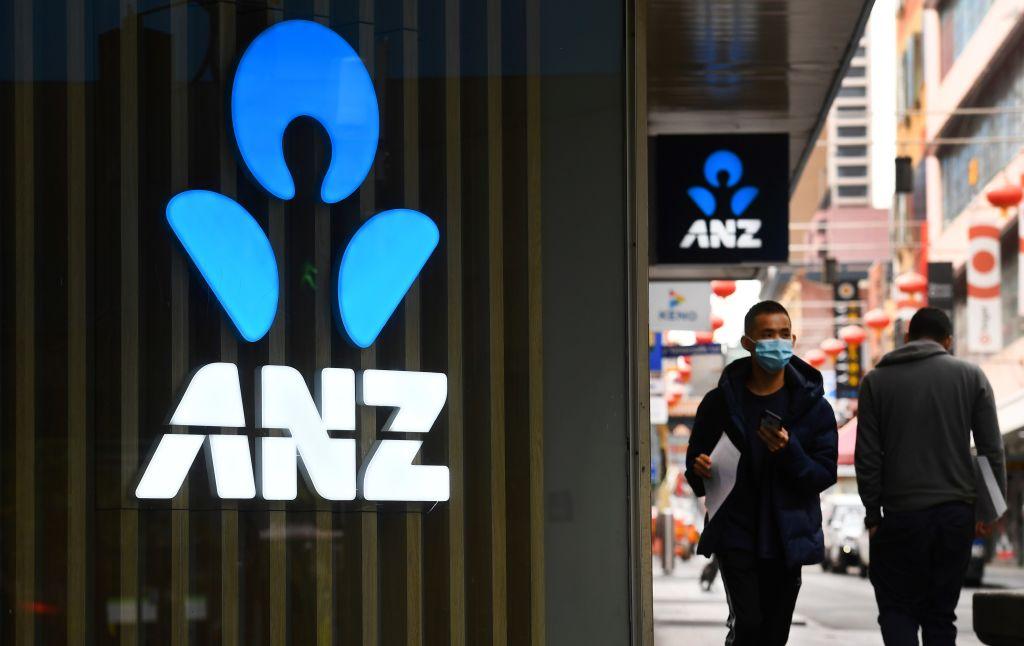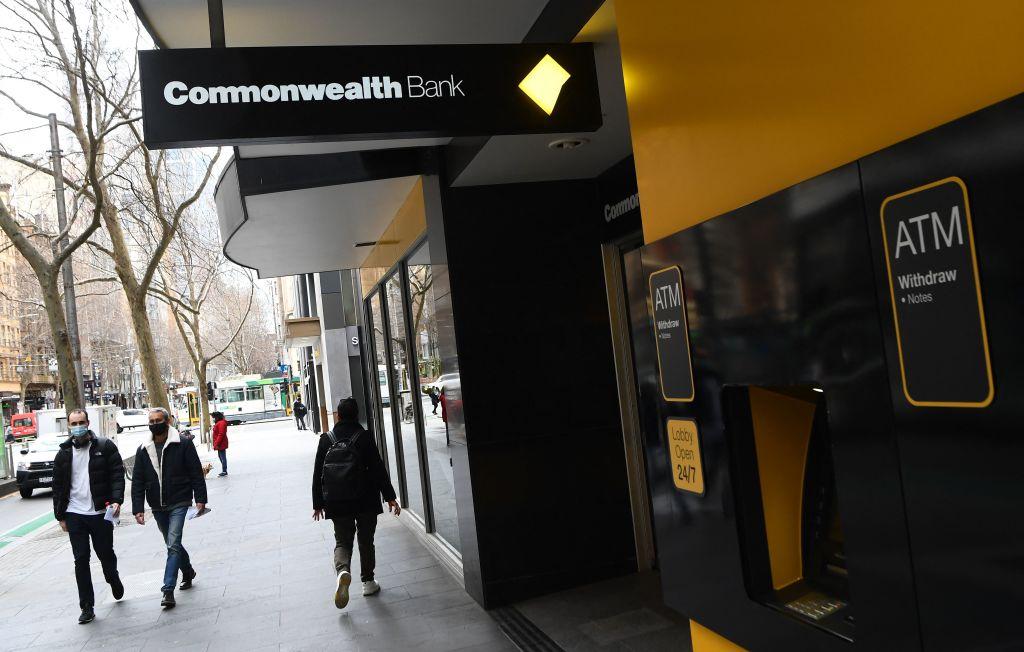Nearly half a million Australians have been approved to withdraw a total of $3.8 billion (US$2.4 billion) from their superannuation (super) retirement funds since the Australian Taxation Office began to process the early access applications on April 20, Treasurer Josh Frydenberg announced at a press conference April 23.
The money is expected to be paid out by super funds within the next week to help Australians cope with financial hardships caused by CCP (Chinese Communist Party) virus, commonly known as novel coronavirus.





